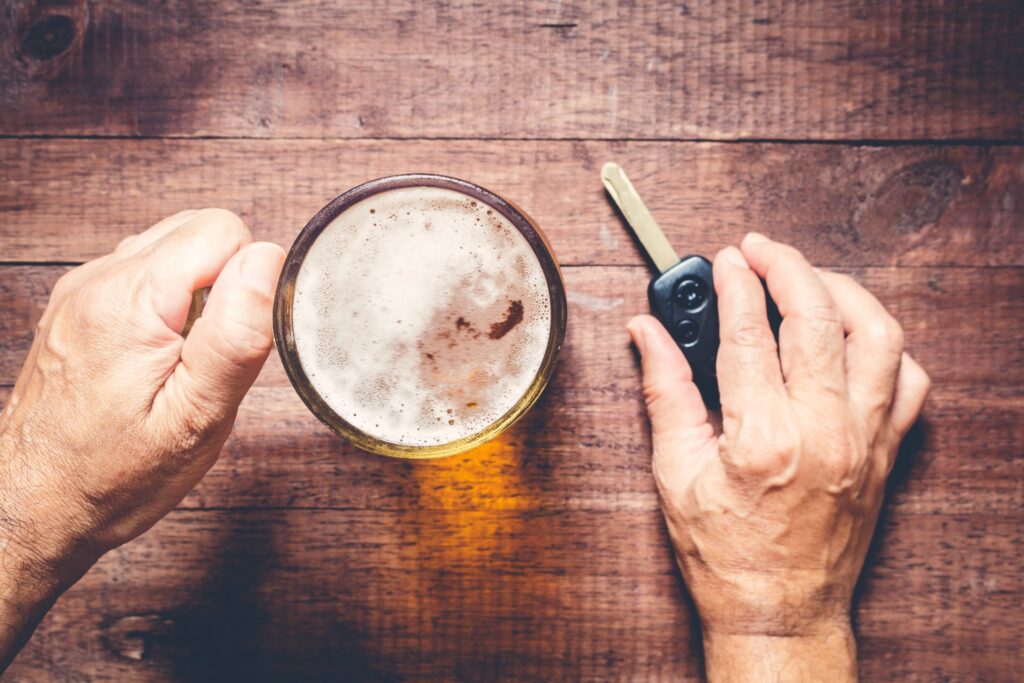Before you can be charged with an OUI in Maine, a police officer must stop your vehicle. Police must have a reason for stopping drivers, according to Title 29-A §105 in Maine. Observing a driver leave a bar on a weekend is not a valid reason. If you are arrested for drinking and driving and your Maine OUI defense lawyer can prove that your stop was unlawful, your charges may be dropped.
In the state of Maine, an officer must have reasonable articulable suspicion before they have the legal right to stop your vehicle. This means that an officer must have reasonable, lawful grounds for stopping a motorist. An officer can pull you over for any traffic or safety violation, and if you are driving under the influence (DUI) at the time of your stop, you could be arrested and charged with drunk driving.
Call 207-571-8146 or contact us online to schedule a consult with one of our highly skilled criminal defense & OUI lawyers, serving Southern Maine, today.
Table of Contents
What is reasonable articulable suspicion?
In Maine, “reasonable articulable suspicion” refers to the legal standard that allows a police officer to stop and briefly detain a person if the officer has a reasonable belief, based on specific and clear facts, that the person has committed or is about to commit a crime.
Unlike probable cause, which is a higher standard required for searches and arrests, reasonable articulable suspicion requires less evidence but must still be based on objective observations. This standard ensures that police stops are justified and not based on mere hunches or arbitrary decisions.
Reasonable Articulable Suspicion During an OUI Stop in Maine
The first step in every arrest is the evaluation process. A police officer will ask you to undergo sobriety testing if they feel that you are showing signs of intoxication. To get to this point, however, you need to be stopped by police. There are 3 main ways that can lead a driver to being arrested for OUI, they include:
Traffic Stops
Many DUI charges result from simple traffic violations, such as speeding, drifting within the lane or across traffic or fog lines, swerving, driving erratically, or driving at night without using your headlights. Whether you were stopped because the officer suspected you were under the influence or for a routine traffic offense, you will face serious consequences if charged and convicted of a DUI, also known as DWI or OUI. If you were stopped without good reason, however, you may be able to fight the charges brought against you due to the violation of your rights.
The officer must have a good reason for stopping you in order for the evidence of drunk driving to be lawful. For instance, if you were stopped at 3 a.m. because you were driving well under the speed limit and swerving across lanes, the officer would have a reasonable articulable suspicion. On the other hand, if the driver pulled you over simply because you were on the road at 3 a.m., despite the fact that you were following all traffic laws, they would not have legal grounds to stop you and a good DUI defense lawyer can get the case thrown out.
Sobriety Checkpoints
DUI stops can also be made at random checkpoints. Checkpoints are legal under the federal Constitution. Police set up a roadblock and randomly check the BAC of drivers as they pass through. Checkpoints are a legal way to stop drivers, but only if certain protocol are followed. Police officers cannot simply decide to start stopping vehicles in a certain area and they must prove that those stopped were at random. Checkpoints must stop all vehicles that come through and must keep the stops brief. If you were stopped at an illegal checkpoint, your case may be dismissible. For more information about how to find out if the checkpoint where your DUI arrest took place was legal, contact an attorney.
If a car is observed by police approaching a checkpoint and then turning around or maneuvering in some way that implies the driver may be intentionally avoiding going through the checkpoint, the law says that this is probable cause for police to stop that vehicle. The idea is that the driver has something to hide and is attempting to avoid arrest. There are, however, many other reasons that a driver could be turning around.
Call 207-571-8146 or contact us online to schedule a consult with one of our highly skilled criminal defense & OUI lawyers, serving Southern Maine, today.
Scene of an Accident
When police respond to the scene of a traffic accident where serious injury or death have occurred, they will often evaluate all drivers for signs of intoxication. In fact, in cases of serious bodily injury or death, the driver will be forced to submit to a blood draw in order to determine if he or she was under the influence of alcohol. Even if you are the victim of an accident, you could still face OUI charges if you are found to have been impaired by drugs or alcohol at the time of a car accident.
Fighting Charges After an Unlawful Stop in Maine
If you believe the arresting officer did not have legal grounds to pull you over, it is important that you retain the counsel of a knowledgeable criminal defense lawyer in Maine as soon as possible. There are many cases in which the violation of the defendant’s rights led to their arrest and subsequent charges, and in such instances it may be possible for a skilled attorney to have the evidence thrown out in court and all charges dropped.
Our criminal defense attorneys have the knowledge and experience you need to fight your charges. Lead attorney The Maine Criminal Defense Group is trained in field sobriety testing and breath testing in order to better spot errors made by police. When you call our firm, we will get to work investigating the circumstances around your case. Any evidence of an error can be used as a defense including how the traffic stop was performed.
If you have been charged with an OUI our Maine defense attorneys can help you fight the charges. Contact us directly online or call us at 207-571-8146 to get started.
Call 207-571-8146 or contact us online to schedule a consult with one of our highly skilled criminal defense & OUI lawyers, serving Southern Maine, today.
Blog Posts

A criminal conviction usually appears on criminal records for life in Maine, potentially impacting the individual’s employment, education, travel, housing, immigration status, and more. However, certain low-level misdemeanor convictions can[...]
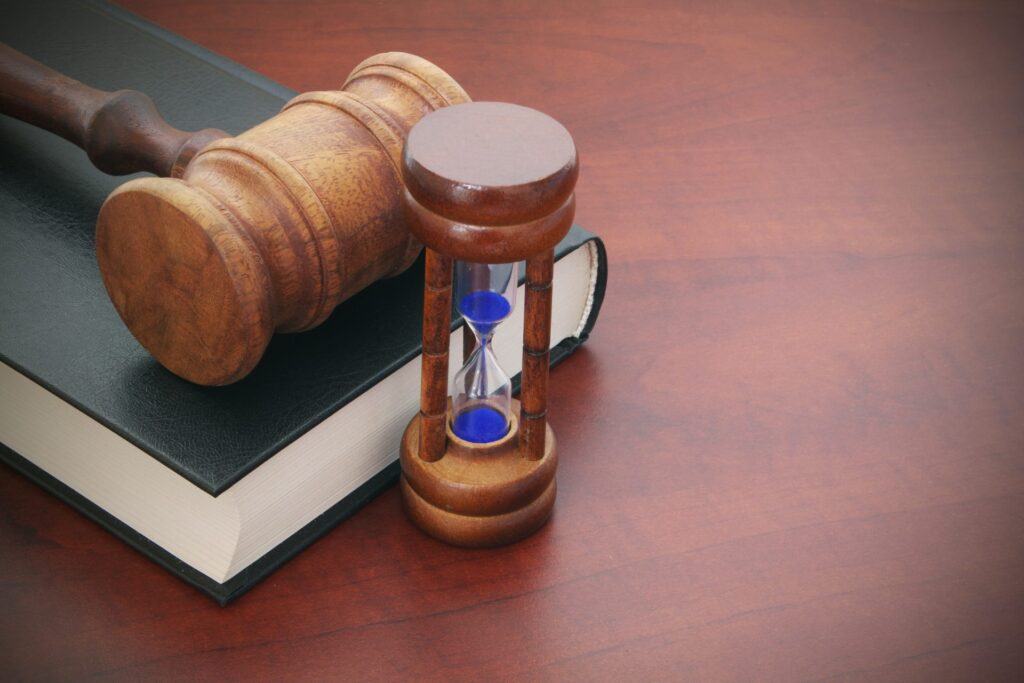
The legal term for sentencing a convicted criminal is not required to serve is called a suspended sentence. A suspended sentence is handed down during the sentencing portion following a[...]

If you receive a traffic ticket in Maine, you may be facing far more than demerit points or an administrative penalty. You could be facing criminal sanctions and a permanent[...]
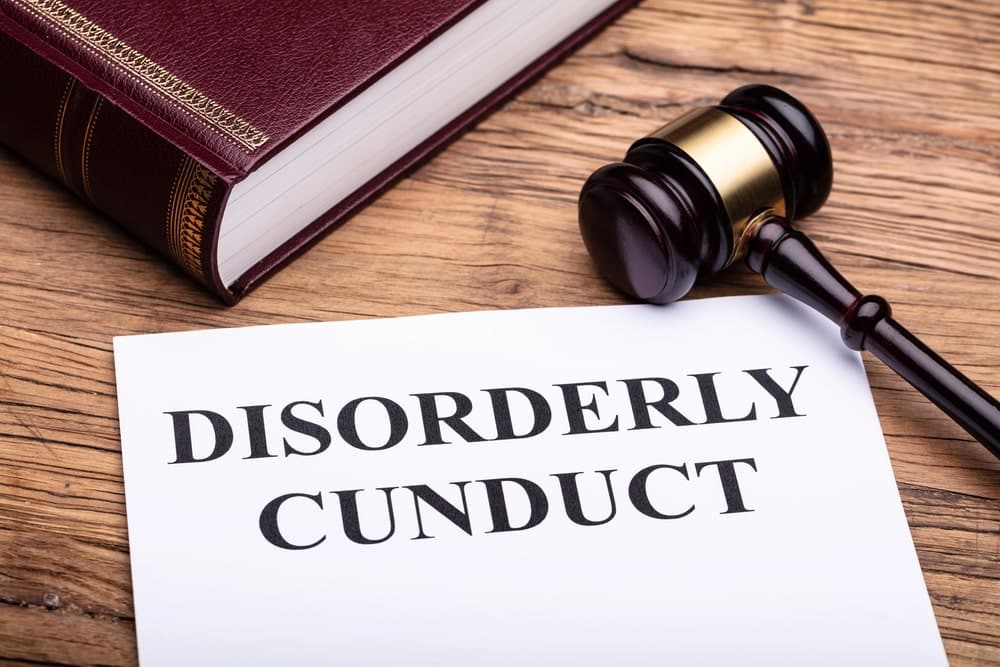
In Maine, disorderly conduct laws effectively make disturbing the peace a criminal offense. While disorderly conduct is considered one of the least serious offenses under Maine’s Criminal Statutes, it can[...]

Any criminal charge for a drug-related offense is a serious matter in Maine,but how consequential the outcomes can get may depend on whether the charge is filed at the state[...]


Self-defense laws in the U.S. are complex, vary from state to state, and are often misunderstood. “Stand your ground” laws allow an individual to use deadly force in self-defense in[...]
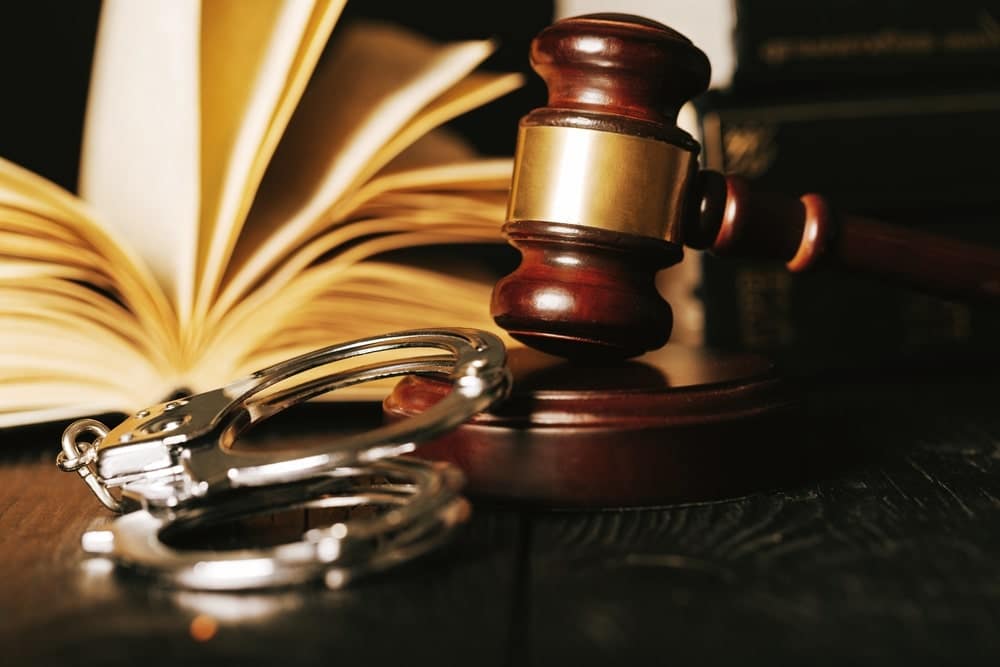
Every day in Maine, people are charged with crimes that they did and did not do. Fortunately, in the U.S., we have a justice system that says you’re innocent until[...]
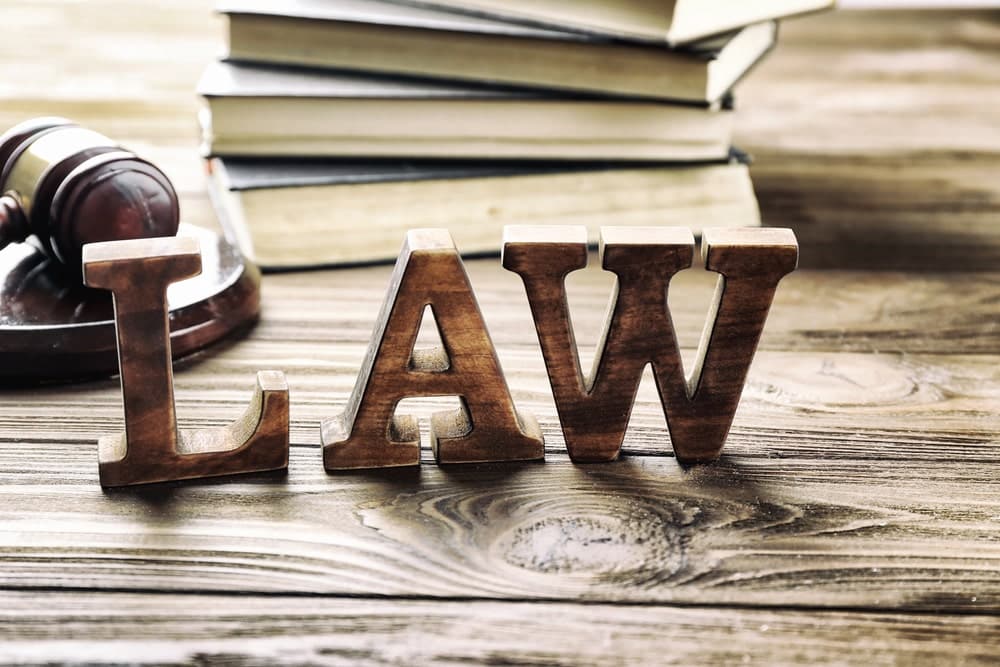
Expungement is the practice of legally erasing or striking out documents or information relevant to criminal charges. It’s not possible to expunge a criminal record in Maine. However, other avenues[...]

If you have been arrested or are under investigation for a crime in Maine, it is crucial to retain the services of a competent and experienced criminal lawyer. A criminal[...]
